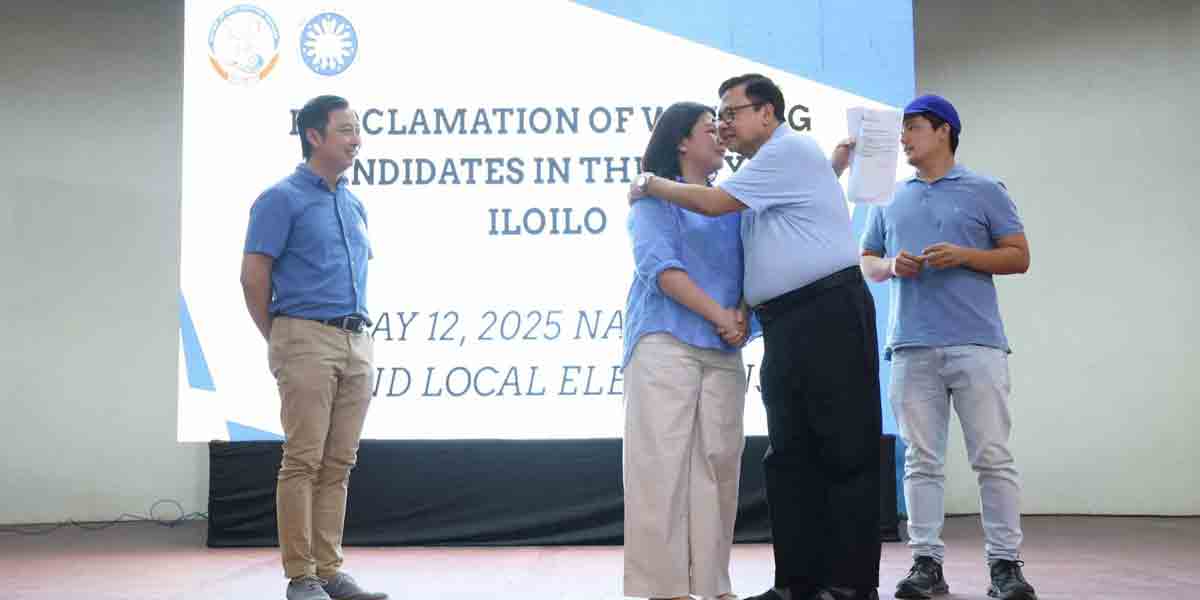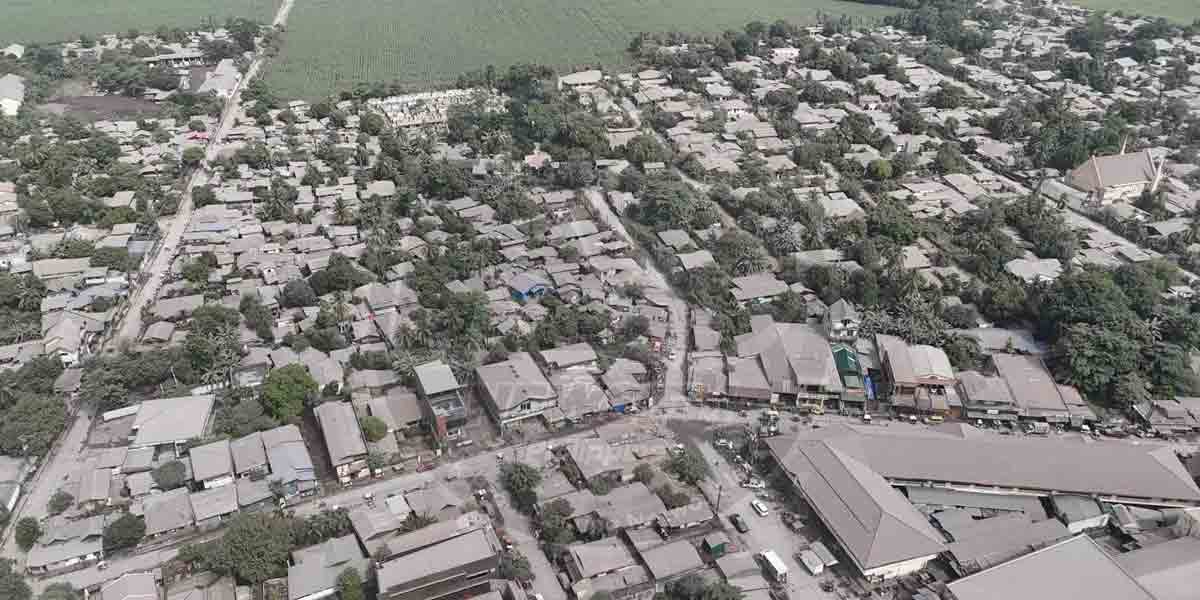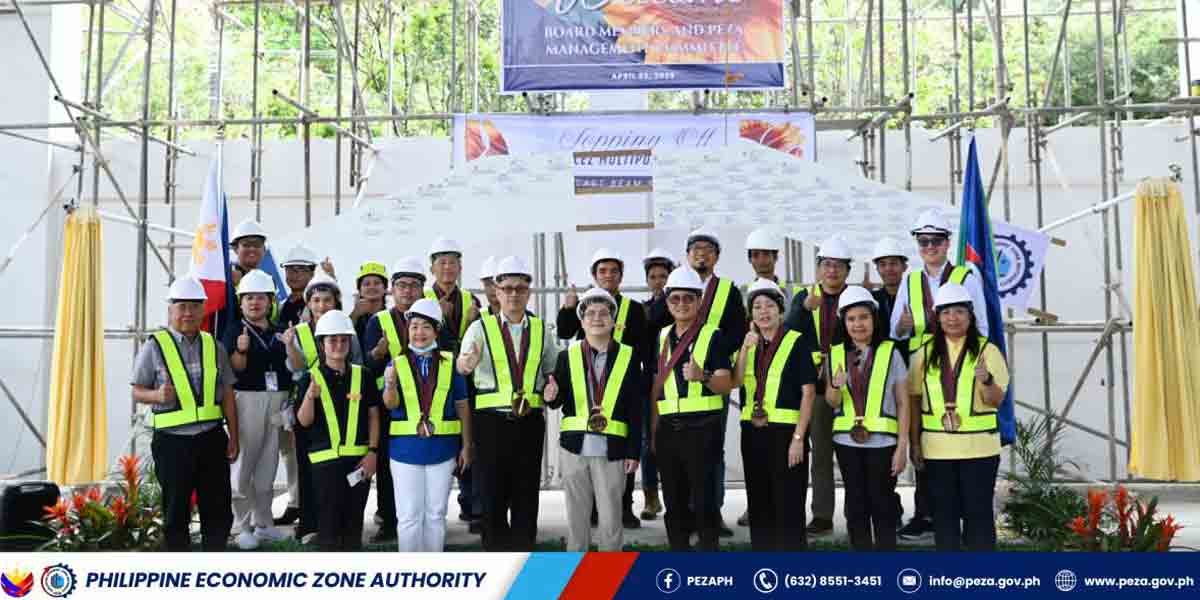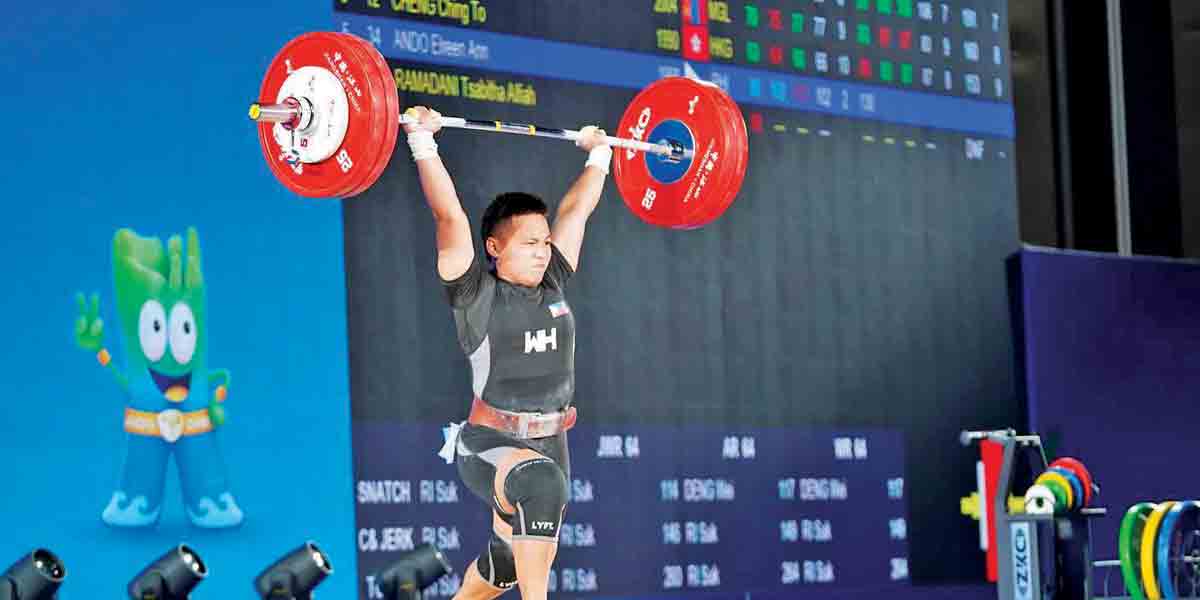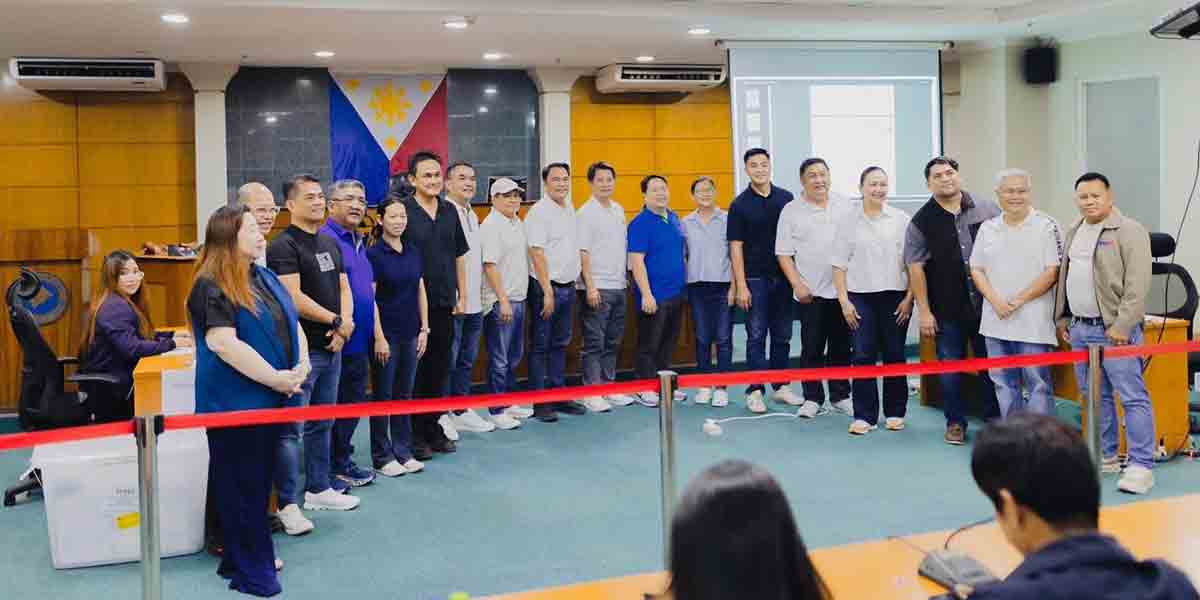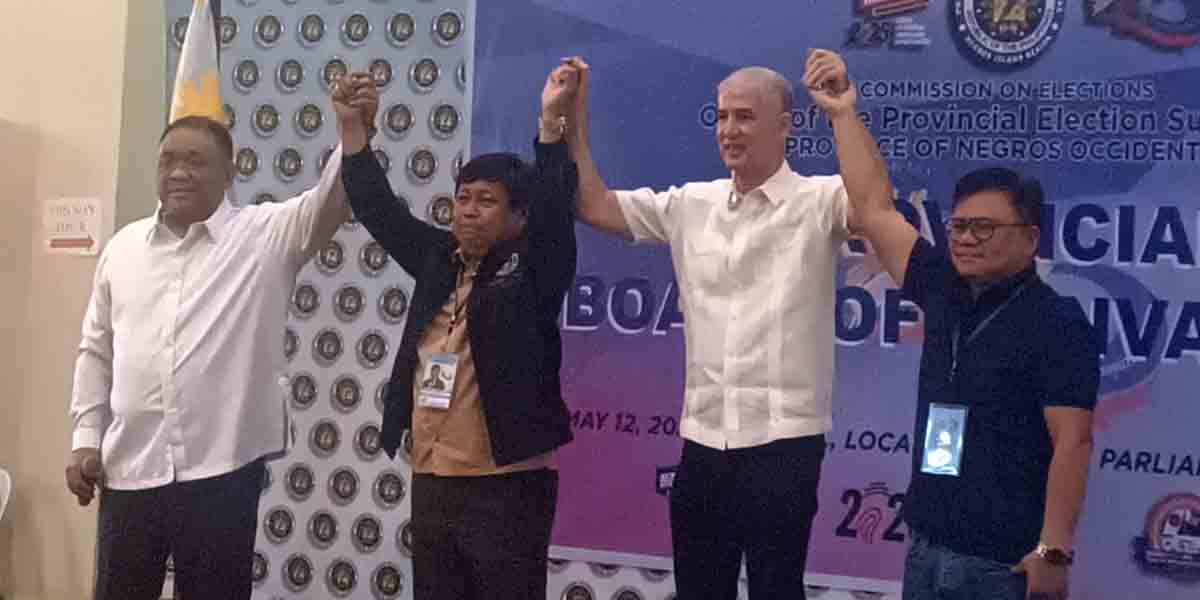
Speaker Ferdinand Martin G. Romualdez today hailed President Ferdinand R. Marcos, Jr. for vigorously promoting our national interest by focusing the spotlight on observance of rules-based order and peaceful resolution of disputes during the ASEAN-Australia Special Summit amid escalating tension in the West Philippine Sea.
Romualdez, leader of the 300-plus strong House of Representatives also cited President Marcos, Jr. ‘s initiatives which bolstered the strategic alliance between the Philippines and Australia and contributed significantly towards enhanced engagement between Australia and ASEAN member-states.
“During the summit, President Marcos reaffirmed the strategic alliance between the Philippines and Australia, emphasizing the shared values and mutual interests that bind our nations together. This reaffirmation underscores the importance of fostering robust partnerships in the face of evolving geopolitical challenges,” said Romualdez, who is part of the official Philippine delegation to the summit.
“At a time of escalating tensions and provocative actions by China, President Marcos’s call for adherence to a rules-based order and peaceful resolution of disputes is both timely and crucial. It reaffirms our nation’s commitment to promoting stability and security in the region through dialogue and cooperation,” he added.
On Tuesday, Chinese coast guard ships fired water cannon, shattering the windshield of one of the Philippine vessels on a resupply misison to Ayungin Shoal, causing minor injuries to at least four crew members.
According to the Philippine Coast Guard, “reckless” and “illegal” actions of the Chinese Coast Guard likewise led to a collision between a Chinese and Philippine ship, with the latter sustaining minor structural damage.
In his statement during the “Leader’s Plenary Session” at the summit, President Marcos thanked Australia for its support for ASEAN and for continuing its positive role in ensuring peace and stability in the Indo-Pacific region.
President Marcos also expressed gratitude to Australia for consistently supporting the rule of law, the 1982 United Nations Convention on the Law of the Sea (UNCLOS), and the 2016 Arbitral Award that invalidated China’s sweeping claims over the South China Sea.
Romualdez likewise noted that during the recent two-day state visit of President Marcos to Australia, three key agreements between the two countries were signed, including one on enhanced interoperatibility in maritime domain and maritime environment.
“This agreement holds paramount importance, particularly in the face of escalating provocative actions by China in the South China Sea. By solidifying this pact, President Marcos has underscored our nation’s unwavering commitment to upholding maritime security and safeguarding the interests of all nations in the region,” Romualdez stressed.
“President Marcos can count on the unwavering commitment of the House of Representatives in support of his initiatives to preserve peace and stability in the region and his courageous stance in defense of our country’s territory and sovereignty,” he added.
Meanwhile, Romualdez also congratulated President Marcos for securing an impressive $1.53 billion or P86 billion worth of investment from 12 business deals signed on the sidelines of the summit.
“These investments not only signify confidence in the Philippine economy but also pave the way for enhanced economic cooperation between our nations. In addition, the realization of these business agreements would create more more jobs and livelihood opportunities for our people,” Romualdez said.
Romualdez is also optimistic that the ASEAN-Australia-New Zealand Free Trade Agrement (AANZFTA) will open tremendous business opportunities Filipino entrepreneurs in micro, small and medium enterprises (MSMEs).
President Marcos announced during the leader’s plenary in the summit that the Philippines has recently signed the second protocol to the AANZFTA.
The President said he is confident the AANZFTA will continue to respond to the evolving multidimensional challenges in the business environment and complement region-to-region efforts to strengthen supply chain resilience, the expansion of trade and investment, inclusivity and sustainable development.


